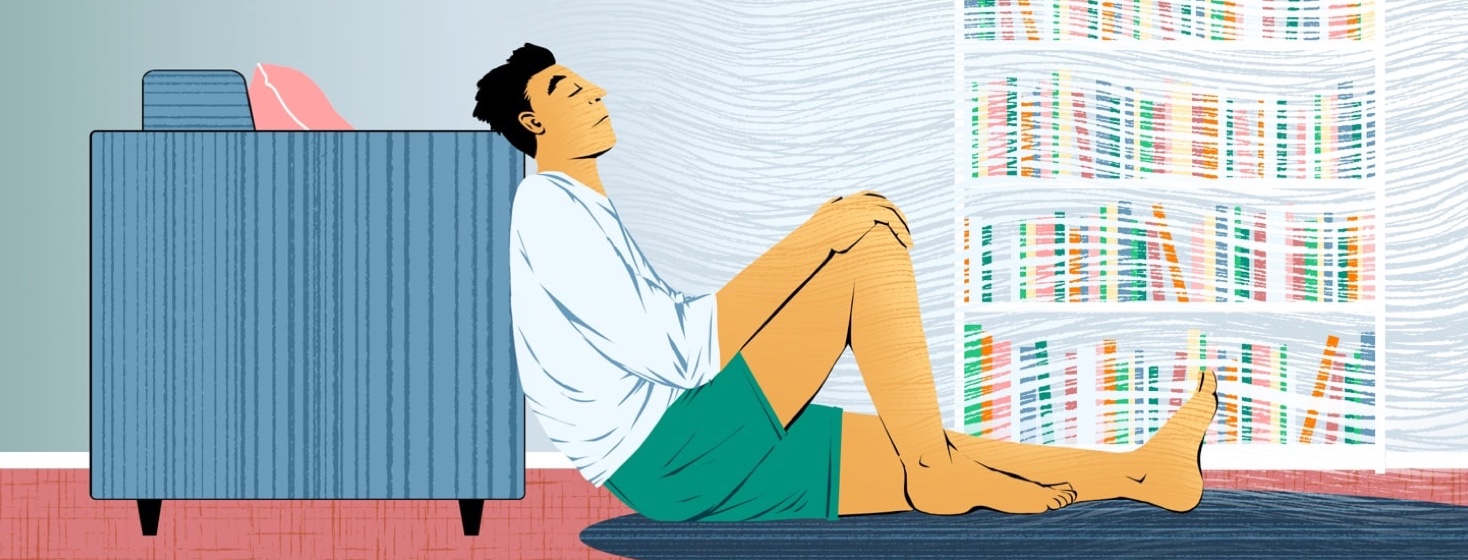Rest, Relax, and Rejuvenate
Type “How To Relax” into Google and you’ll find 39,300,000 results. Clearly, relaxation has become something us twenty-first-century folk need a lot of help with.
But for all the, “Tips for Chilling Out,” “40 Ways to Relax in 5 Minutes,” or “Easy Ways to Relax,” headlines, I personally continue to find relaxation a monumental pain in the backside.
Relaxation goes by many names
There is nothing "easy" about relaxation. If it was easy, we’d all be feeling pretty relaxed by now and there wouldn’t be millions of Google articles telling us how to do it. Like many things in life, there is no "one size fits all" solution to relaxation.
Sometimes there are different words, like mindfulness, meditation, stress reduction, anxiety coping strategies. And they’re all a little bit different but also a little bit the same. The kind of strategies you use depends on why you’re relaxing.
Leisure time
Relaxation can mean leisure time - giving the mind and body a break from the daily grind of work and responsibilities. Taking a holiday, walking the dog, watching Netflix, going to the theatre, walking in nature, playing 10-pin bowling. One person’s heaven might be someone else’s headache. We all find different strategies helpful to take our brain on a little vacation from whatever it is regularly focusing on.
Physical rest
Relaxation can mean physical change - consciously allowing the body to rest. Having a massage, lying in the sunshine, dozing in bed, reading a book, snuggling a beloved pet, soaking in a bubble bath. Anything that gives the body a physical break from being upright and moving. Anything that gives sufficient mental relaxation to allow muscles to gently soften - just for a little while.
Releasing tension
Relaxation can mean focused attention - a deliberate decision to hone in on bodily tension and release it. Deep breathing, progressive muscle relaxation, mindfulness strategies, listening to a meditation, stretching, yoga. Not everything works for everybody but if there’s one thing I know, we have to find what works for each of us. Staying in a continuous state of bodily tension will lead to physical and psychological distress - eventually.
Releasing thought patterns
And relaxation can mean releasing the tangled web of incessant thought patterns keeping you in a circle of stress or anxiety. Grounding techniques, fact-checking the situation, prayer, time with a trusted friend, physical exercise, journaling. Anxiety and stress are big deals and a quick summary here does no justice to the serious impact they can have on lives. If stress and anxiety are around for a prolonged period of time, it is important to seek professional help. It will make a difference.
Avoiding pitfalls
Relaxation is not about eating, drinking, or doing drugs. Those things might seem like a great idea at the time, but they do not help in the long term and they can lead to mental health problems. The exception being medications prescribed by a medical professional, solely for the purpose of managing health conditions such as anxiety, depression, or insomnia.
Relaxing mind and body is harder with RLS
The ultimate way to relax mind and body is to sleep. Oh, the irony. When cursed with restless legs syndrome (RLS) - or any type of insomnia for that matter - relaxation is not a case of mind over matter. No matter what the mind says, the dancing legs keep plodding away regardless.
There are a lot of techniques and treatments for RLS and insomnia and if they all worked we’d all be resting peacefully. Sometimes lifestyle changes are enough to bring about bodily relaxation and slip into a blissful sleep. Sometimes pharmaceutical support is required.
Stay the course
If you experience RLS or insomnia, believe that something will change one day. Keep searching out the different tips and tricks shared on forums and with fellow sufferers. You never know what might make a difference.
But in the meantime - if your body is determined to keep you awake while your mind is dripping with exhaustion - relaxing as much of your physical and mental being as possible might lighten your load for a moment.
Interested in reading more about lifestyle changes for symptom relief? Explore our featured collection on lifestyle changes and alternative treatments for RLS.

Join the conversation